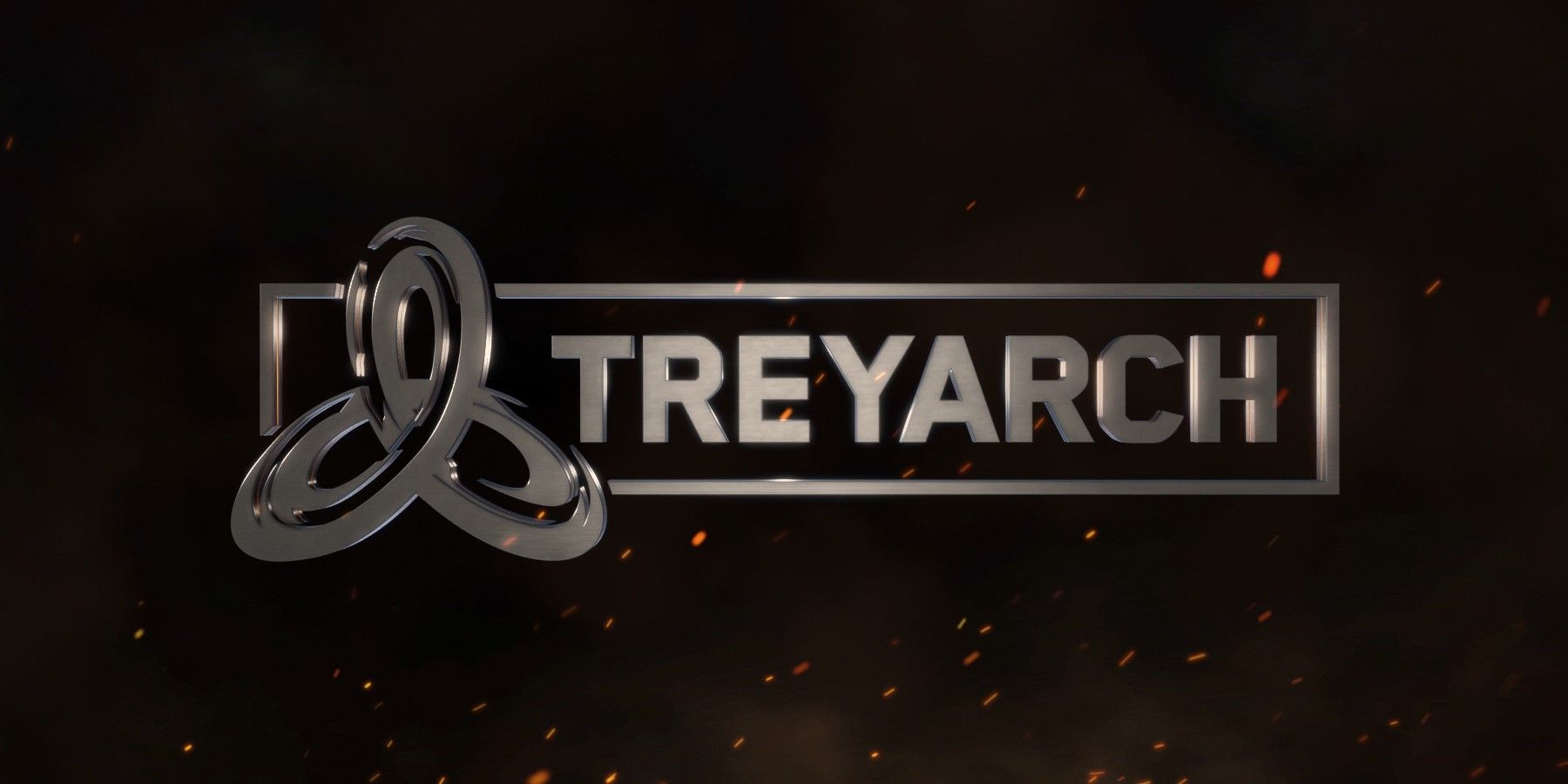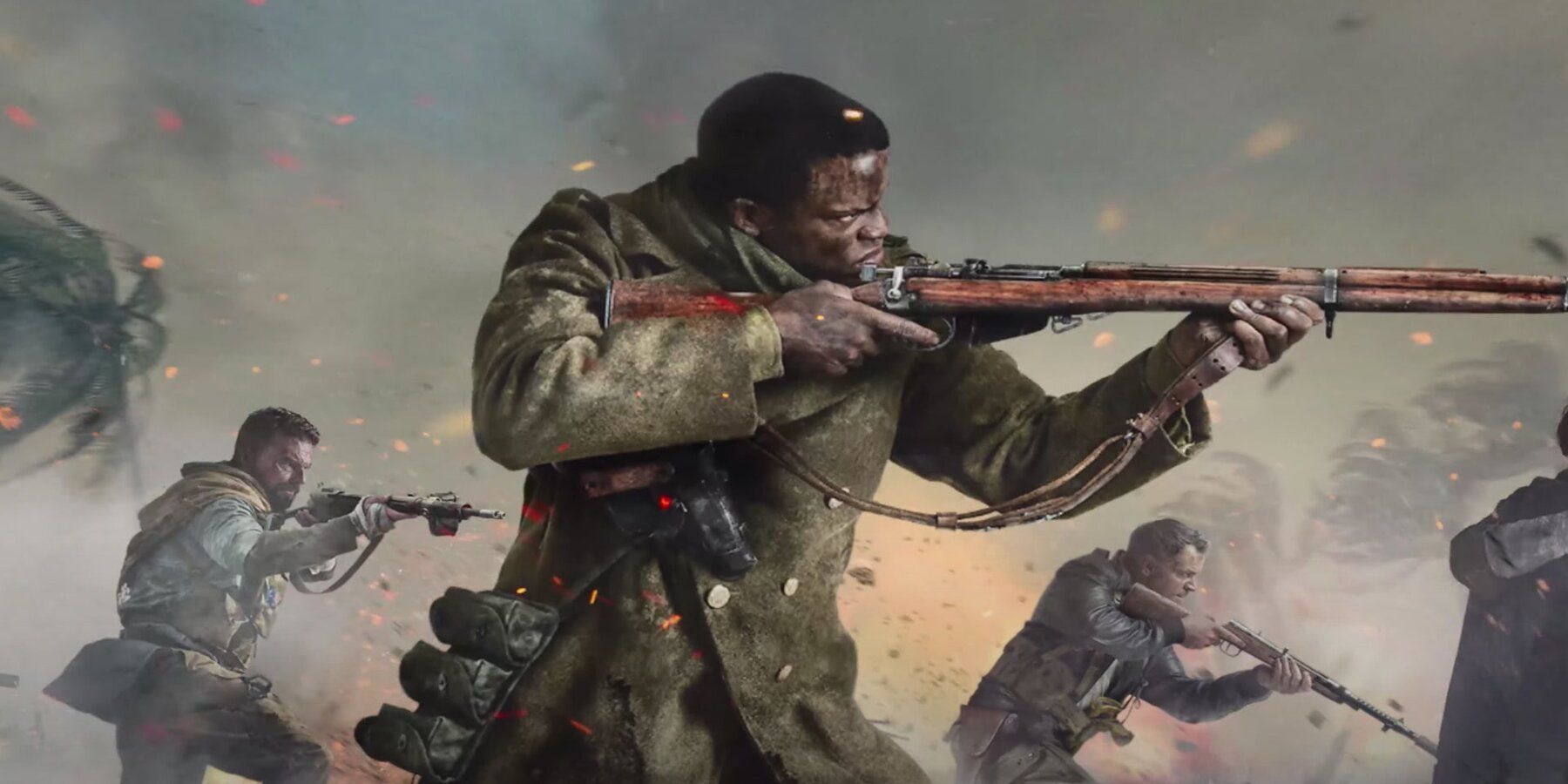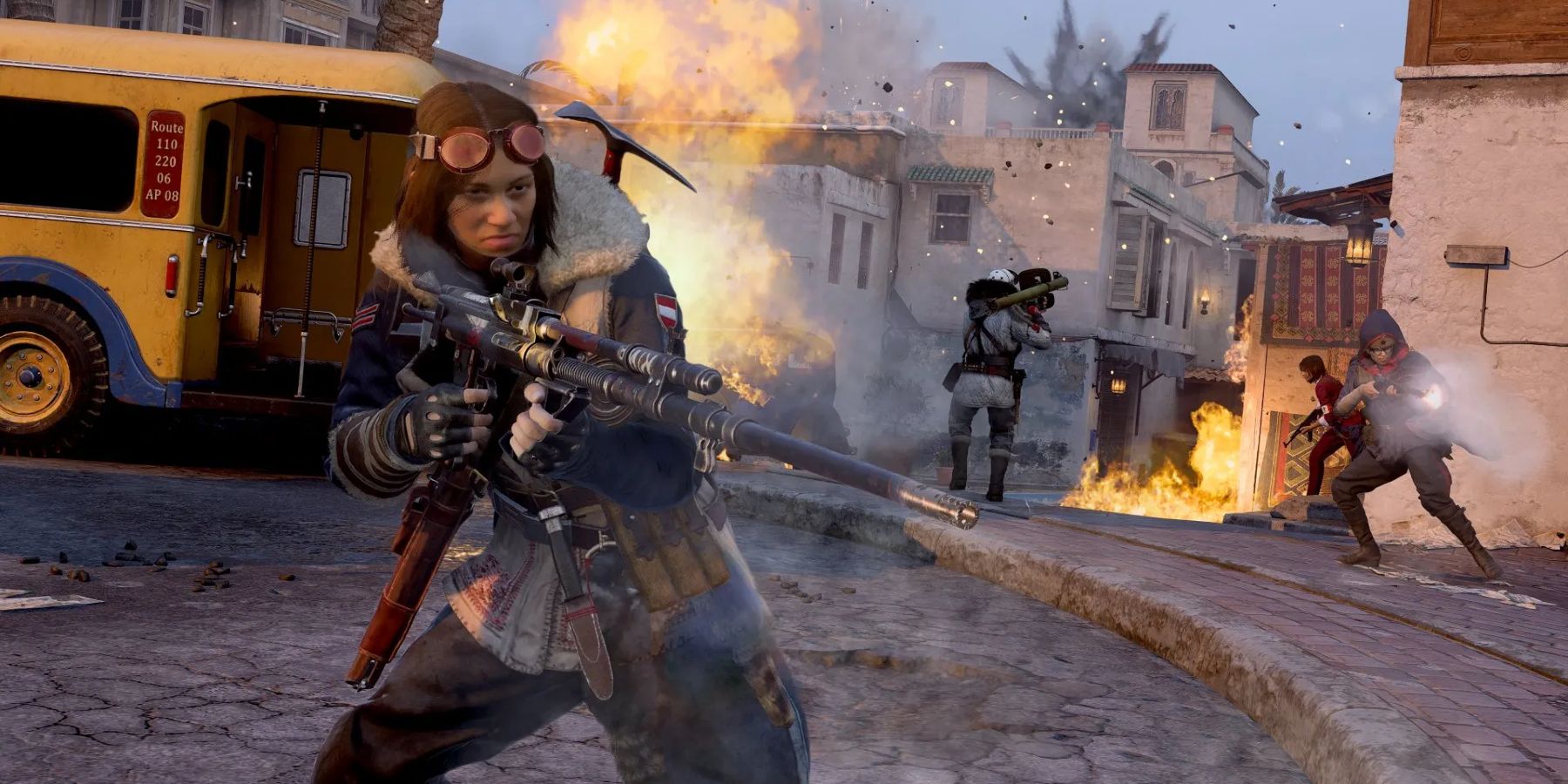Very few gaming franchises have made an impact in the gaming industry quite like the Call of Duty series. Whether it is games like Call of Duty: Modern Warfare 2 that brought controversial single-player campaigns that expanded the topics video games could explore, or games like Call of Duty: Black Ops 2 becoming an online multiplayer phenomenon, the influence and importance of Call of Duty is undeniable. FPS gaming simply would not be the same without it. However, the future of the franchise has somewhat been brought into question after Microsoft acquired Activision Blizzard for nearly $69 billion.
Before the announcement of the acquisition, Activision Blizzard was dealing with several problems, including legal issues surrounding workplace sexism. With the acquisition, many gamers hope that Microsoft's deep pockets will help improve Call of Duty. According to Bloomberg reporter Jason Schreier, 2023's Call of Duty has been delayed to 2024, which would be a historic deviation from the franchise's annual release model. While some may see this as a negative sign, the delay could spell good things for Treyarch and Call of Duty fans.
Treyarch Potentially Avoiding Crunch
In recent years, the prevalent issue of crunch in the gaming industry has received increased attention. Crunch is when game developers are forced or highly incentivized to put in an extreme amount of hours at work for extended periods, oftentimes for little or no payment. Although, especially closer to the release time of a game, it is normal for workers to put in a few extra hours to ensure that the final product is polished. However, when excessive work hours become the norm, it breeds crunch culture which, counterintuitively, can result in poorer products being produced.
Thanks to the heightened attention around crunch in the gaming industry, many studios have taken steps to eliminate crunch culture and ensure that employees can maintain a healthy work-life balance. For instance, Guerrilla Games revealed that Horizon Forbidden West was delayed to prevent employees from having to deal with crunch, while many Insomniac employees have reported that despite the studio's prolific output, no crunch culture exists.
Treyarch, a studio owned by Activision, is responsible for many Call of Duty titles, and it has not been able to avoid accusations of employees being subjected to crunch. According to employees at Treyarch, during the development of Call of Duty: Black Ops 4, there was an intense crunch period that badly affected the QA team. One developer claims that during particularly bad times, employees were working 12 hours from Monday to Thursday before doing eight hours on Friday and Saturday. Such a work regiment is unsustainable, and employees cannot give their best when they are fatigued and unable to spend quality time with their families.
A delay of the next Call of Duty title could help prevent Treyarch employees from having to deal with an oppressive crunch culture that obliterates their private lives and taxes them mentally. Although it means that gamers will have to wait a little longer before they get their next Call of Duty fix, it could ultimately result in a better product for gamers, as they will be getting a game that does not come from workers who are disgruntled and exhausted.
Franchise Fatigue Looks Ugly
When a studio births a new IP that clicks with gamers, there are almost always calls for a sequel as soon as the first game is released. This is usually good for developers because they simply need to deliver similar excitement from the first game, just with a new coat of paint. However, this cannot be continued indefinitely.
Eventually, if developers do not deviate from the original formula, a series can end up feeling stagnant and stuck in the past. Gamers have seen this happen with franchises such as Assassin's Creed, which once awed gamers, but now is the poster child for franchise fatigue. The same can be seen with Need for Speed which, after countless titles, fails to excite gamers the way it once used to.
Franchise fatigue may be partially to blame for Call of Duty: Vanguard's less than stellar commercial performance. The game sold less than expected, moving fewer copies than Call of Duty: Black Ops Cold War. In its financial results for the final quarter of 2021, Activision Blizzard also revealed that engagement in Call of Duty: Warzone was down compared to 2020. Although Call of Duty is still an impressively popular franchise, the decline should be concerning for Activision Blizzard and Treyarch.
A little breathing room may be just what the Call of Duty franchise needs. Not only will it allow gamers to cleanse their palate, but it will also give developers a little more time for creativity to ferment, which could lead to a new Call of Duty experience that surprises gamers instead of merely offering the same song and dance. There have been other gaming franchises that have benefited from taking a hiatus, including the God of War series that, after the release of 2013's God of War: Ascension, was not seen on home consoles for a few years until 2018's reboot. When it did make a return, it was better than ever, winning 2018's Game of the Year award at The Game Awards.
Gamers can still expect a new Call of Duty game in 2022, which rumors suggest will be titled Call of Duty: Modern Warfare 2. In addition to providing a steady stream of content for the game, Infinity Ward will also be working on a new free-to-play online title expected to release next year. Although the studio will still be busy, the pressure of not having to ship out a new Call of Duty title in 2023 may go a long way to preventing crunch and ensuring that gamers get the best Call of Duty possible.
The next Call of Duty title is planned to release in 2022.



